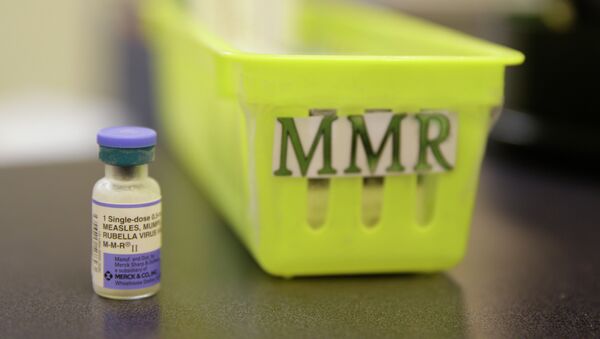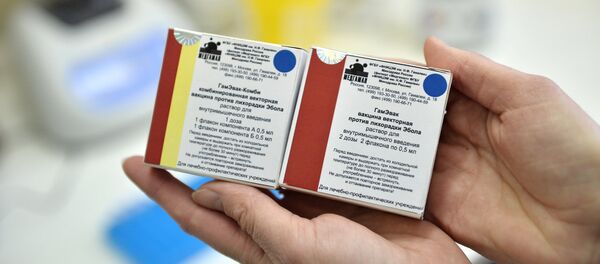According to a statement by Costa Rica's Ministry of Health, the five-year-old child arrived with his parents for a vacation on February 18. Soon after, he was brought to see a doctor in Costa Rica after developing measles-likes symptoms. The child's mother confirmed that there have been several cases of measles at her son's school in France and that her child is not vaccinated against the disease.
Although it has not yet been confirmed that the child is harboring the disease, the boy, whose identity has not been revealed, is currently being quarantined at Monsenor Sanabria Hospital in Puntarena, the capital and largest city in the Province of Puntarenas, on the Pacific coast of Costa Rica, according to the Ministry of Health. Local reports say the child's mother and father are also being kept in isolation.
According to the US Centers for Disease Control and Prevention (CDC), measles is a very contagious virus that lives in the nose and throat mucus of infected individuals. It can be transmitted to others through coughing and sneezing. The virus can be prevented with the MMR vaccine, which also protects against mumps (a viral infection that affects the salivary glands) and rubella (a viral infection identified by its distinctive red rash).
The CDC recommends that children get two doses of MMR vaccine, with the first dose administered at between 12 and 15 months of age and the second dose at four to six years of age.
Symptoms of measles typically appear seven to 14 days after a person is infected with the virus and usually result in a high fever, cough, runny nose and red, watery eyes. A few days after these symptoms appear, tiny white spots may show up inside infected individuals' mouths. People infected with measles may suffer severe complications including pneumonia (an infection of the lungs) and encephalitis (swelling of the brain), which may result in death. For every 1,000 children who contract measles, one or two will die from it, the CDC reports.
According to the World Health Organization (WHO), vaccine hesitancy, which it defines as the "reluctance or refusal to vaccinate despite the availability of vaccines," has greatly increased the threat posed by vaccine-preventable diseases
"Vaccination is one of the most cost-effective ways of avoiding disease — it currently prevents 2-3 million deaths a year, and a further 1.5 million could be avoided if global coverage of vaccinations improved," WHO writes on its website.



